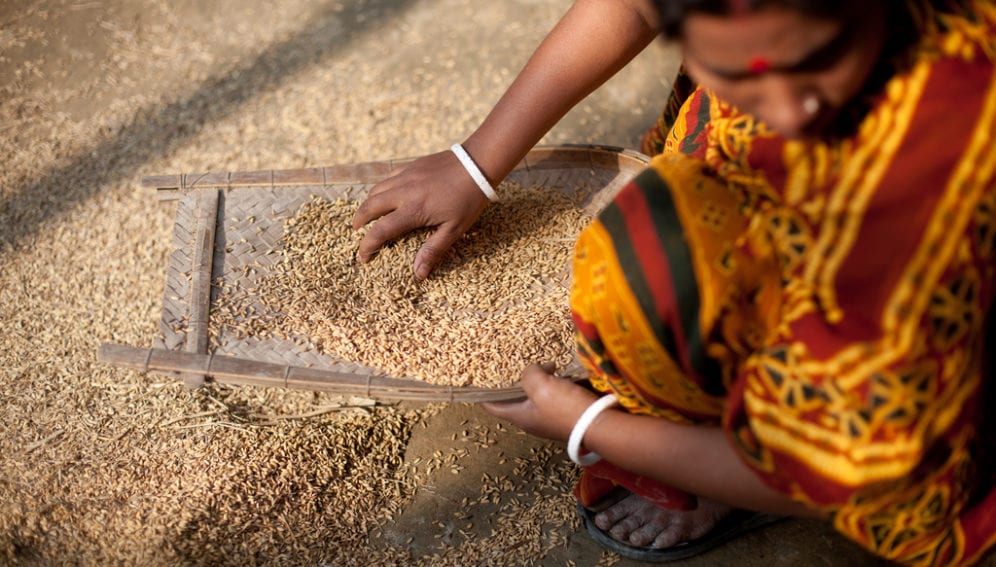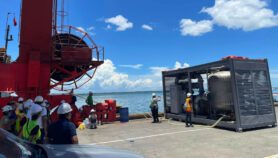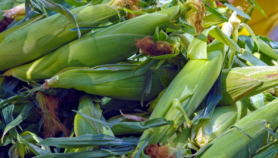By: Wagdy Sawahel
Send to a friend
The details you provide on this page will not be used to send unsolicited email, and will not be sold to a 3rd party. See privacy policy.
Rice farmers may soon have a more lucrative use for a common low-value byproduct: rice husks, the hard, protective coverings around the edible grains.
The husks contain natural silicon nanoparticles that can easily be extracted and used in battery manufacture, a study shows.
The simple and low-cost process for recovering the nanoparticles and using them in the lithium-ion batteries, which are commonly found in portable electronics, was published in Scientific Reports last month (29 May).
Silicon nanomaterials have various industrial applications but they are complicated, costly and energy-intensive to produce.
"China plays an important role in battery manufacturing, so the rice nano-silicon could be locally integrated into battery manufacturing."
Yi Cui
Meanwhile, 120 million tonnes of rice husks are produced as byproducts of rice agriculture worldwide each year.
"The novelty of this paper is the high-yield and low-cost recovery of nano-structured silicon from an agricultural byproduct. And the morphology of the recovered silicon is ideal for direct application in high-energy, lithium-ion batteries," Yi Cui, study coauthor and associate professor at Stanford University, United States, tells SciDev.Net.
"A lot of developing countries, such as China and India, produce a huge amount of rice husks each year. Currently, the rice husks only have some low added-value applications," he says.
The new procedure, Cui says, could allow these countries to use the husks to build batteries, and his team is trying to establish links with battery companies to achieve this.
"China plays an important role in battery manufacturing, so the rice nano-silicon could be locally integrated into battery manufacturing," he adds.
Jie Xiao, a senior scientist at the Pacific Northwest National Laboratory, United States, says the "approach is interesting and promising" but warns that "more research needs to take place before this method would be useful on a broad scale".
Farmers will probably be unable to directly sell rice husks to battery companies since most of these firms do not make their own raw materials, she says. "However, companies that supply [battery] electrode materials, or chemical factories, could build [production] lines to process husks and harvest [their] silicon for battery use," she adds.
Cary Hayner, chief technology officer of SiNode Systems — a materials venture based out of Northwestern University that is commercialising novel silicon-based battery anode technology — says the study demonstrates what could be a tremendous opportunity to make use of an abundant agricultural byproduct.
"Farmers would be best served by selling their rice husks to a company that will transform the husks into the useful silicon," he says.
References
Scientific Reports doi: 10.1038/srep01919 (2013)














